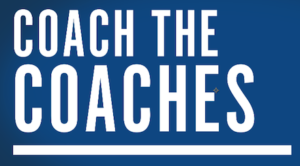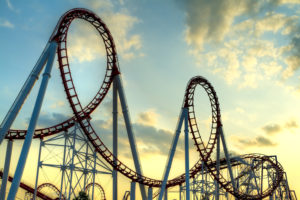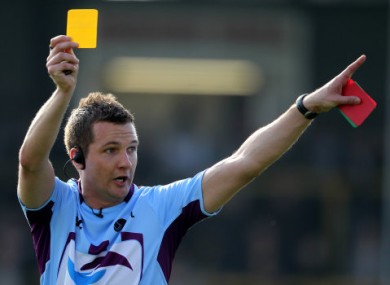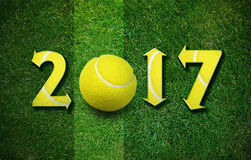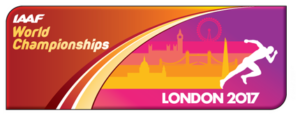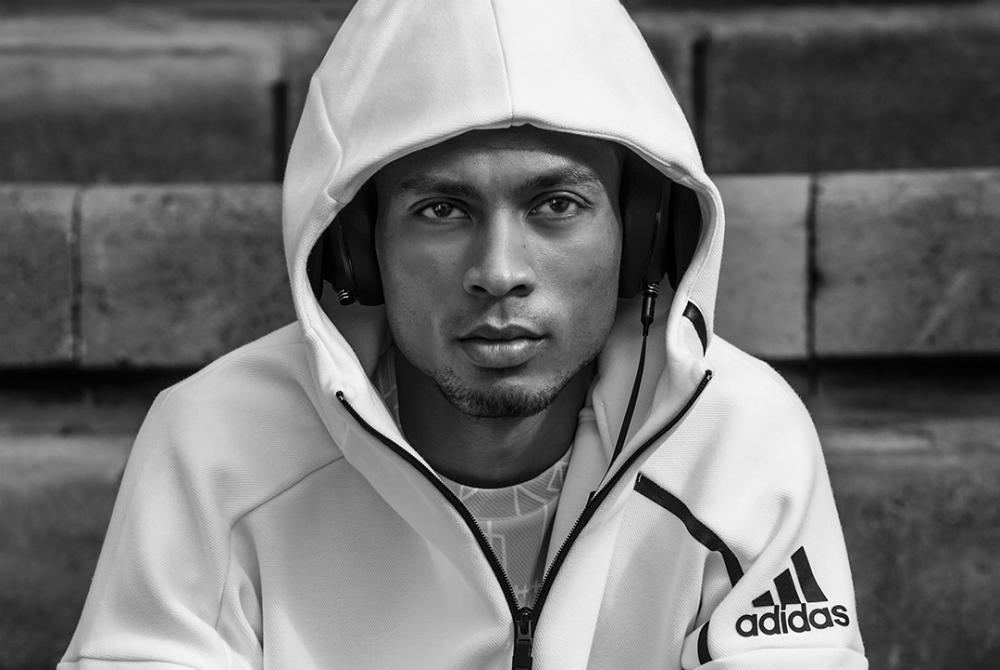Joey Mongalo may be a name unfamiliar to most, but in 2003 he helped Pretoria Boys beat Affies for the first time in 18 years. Playing at flyhalf, Mongalo scored all 18 of his team’s points that famous day.
He was good enough to play Craven Week for two years and went on to represent SA under-21s.
Mongalo later traded in his playing ambition for coaching and has quietly added to a CV that shows rich promise. As a coach for the Lions he is flourishing: the under-19 Currie Cup title is on show at Ellis Park and a stint as defence expert for the SA under-20s is on his calling card.
Mongalo is one of a significant number of promising coaches making their way along the highways and byways of South African rugby. You just have to know where to look to find them.
It’s an important point because while almost everyone in rugby seems to be fretting about the Springbok coaching position and the succession plan, the conveyor belt is at least belching smoke. More than that, it’s fired up.
There is a formidable group of coaches who may not yet be prepared or sufficiently experienced for the Springbok environment, but who deserve to be drawn closer, acknowledged and encouraged. The pipeline must be smoothened.
The more obvious among the coaches would include John Dobson, Swys de Bruin, Paul Treu, Johan Ackermann and Jonathan Mokuena.
Dobson, the WP coach, applies an esoteric mind to coaching, as you might expect from a man with two Masters degrees and a passion for creative writing. Curiously, The Year of the Gherkin and The Year of the Turnip number among his published works (a line you don’t expect to write every day of a rugby coach).
The former provincial hooker reached the Currie Cup final in his first year in charge of WP and also won a provincial under-21 crown.
De Bruin, the former Sharks man, is highly regarded among his peers and was the chief architect of the Lions’ successful free-wheeling style.
Treu cut his teeth with the SA Sevens team and now has an assistant role at WP. He, too, brings academic rigour to coaching.
We know all about Ackermann who has enjoyed tremendous success while rebuilding the Lions. His name is perpetually thrown into the mix as a candidate for Bok coach, but he’s still a pup and wants to learn more. His time will come.
Mokuena may be the outlier, yet he is moving fast. The former loose forward and Springbok Sevens captain claimed the highly-competitive Varsity Cup title in his first year as a 15s coach (for Pukke) and is now coach of the Leopards. Word out of Potchefstroom is glowing.
Less high-profile candidates would include Kevin Musikanth (formerly of UCT and now at St John’s College in Joburg), Bafana Nhleko (Lions), Derek Heiberg (Rovers, and formerly of False Bay) and Hayden Groepes (Bulls).
TTaking in the action at the coal face . . . would surely give them a real feel for the demands of the job
Given the difficulties and challenges traditionally associated with appointing Bok coaches, a move should be driven to pull such a group closer to the Springbok set-up. Just imagine them being roped in as official observers during, say, the incoming tour by France in mid-year. Or travelling to Europe at year’s end, where conditions can be arduous.
Taking in the action at the coal face, from attending practices and team talks to fronting up to the media, would surely give them a real feel for the demands of the job.
Separately, imagine the upside of dispatching these coaches on working trips abroad. Someone like Jake White at Montpellier could play a patriarchal role. The teacher in him would revel in coaching the coaches.
Or pop in for a week to chew the fat with Eddie Jones. What an education that would be.
Another option could be to attend former Natal man Murray Mexted’s international rugby academy in Wellington. It’s a hothouse of excellence and would offer insight into some of New Zealand’s secrets and mysteries. The academy has a local offshoot, based in KZN, but international exposure has greater virtues.
If the recent shemozzle has taught us anything, it’s the value of planning. It’s not only players who must be backed, it’s the coaches too. – © Sunday Tribune

